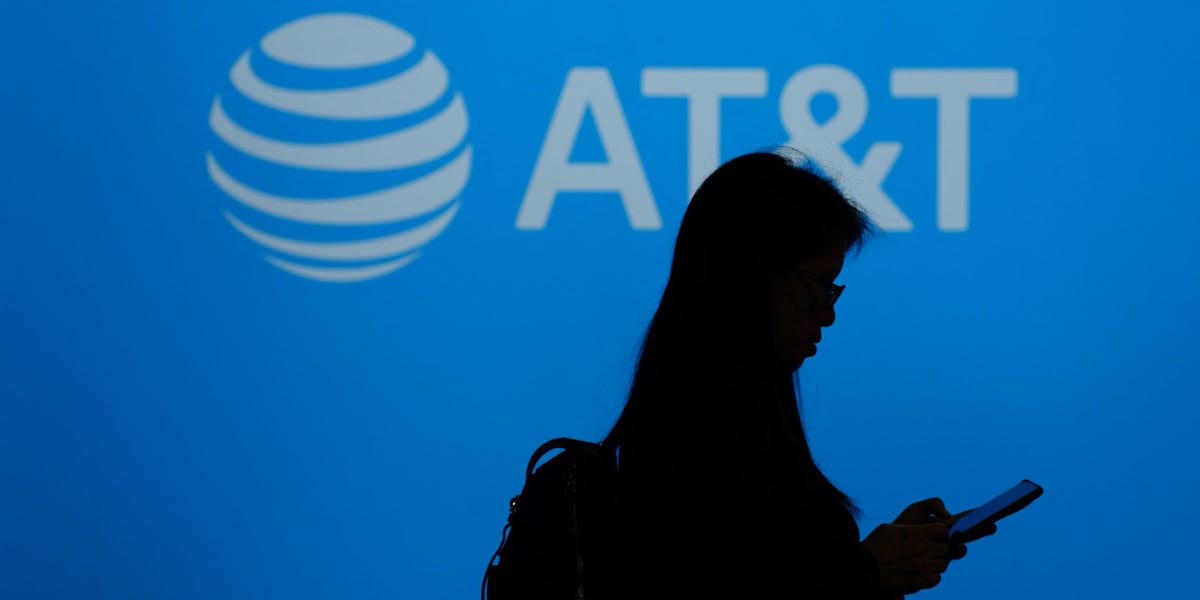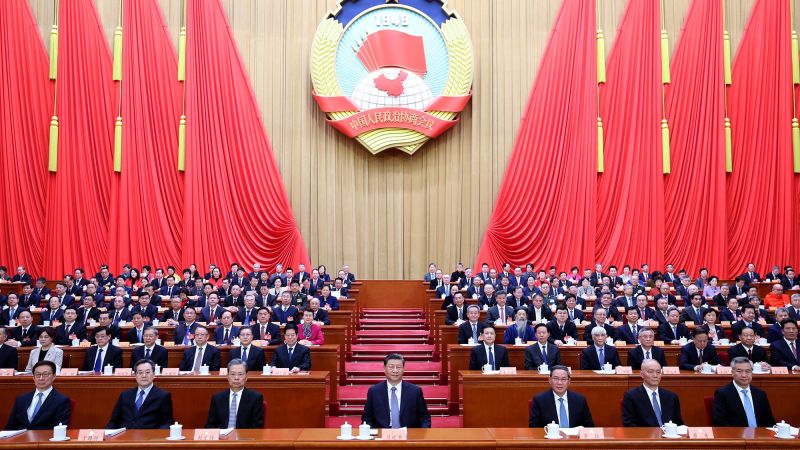Surveillance Backfires: AT&T's Attendance Tracking Sparks Employee Revolt

AT&T is stepping back from a contentious employee tracking system that had been strictly enforcing its return-to-office (RTO) mandate. The telecommunications giant is softening its approach to monitoring worker attendance, signaling a potential shift in its rigid workplace policies.
The controversial tracking mechanism, which previously scrutinized employees' in-office presence with near-surgical precision, is now being scaled back. This development comes amid growing pushback from workers who have challenged the company's stringent five-day office attendance requirement.
By dialing down the invasive monitoring system, AT&T appears to be listening to employee concerns and potentially recalibrating its workplace strategy. The move suggests the company is recognizing the evolving dynamics of modern work environments and the importance of employee satisfaction.
While details of the exact changes remain unclear, the decision represents a notable pivot for a company that had been known for its hard-line stance on workplace attendance. Employees and industry observers will be watching closely to see how AT&T's workplace policy continues to evolve in the coming months.








